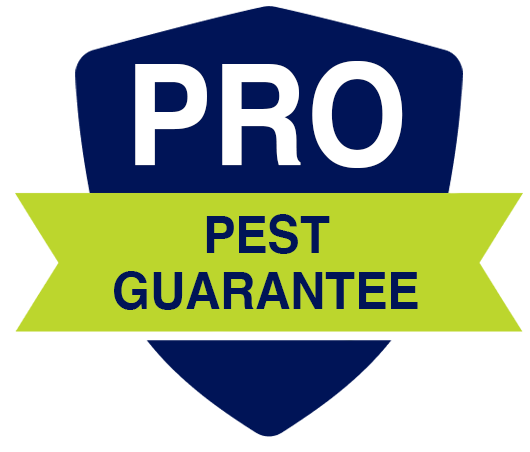Does Home Insurance Cover Termite Damage? What You Need to Know
Does Home Insurance Cover Termite Damage in CT? What Every Homeowner Should Know
Termites can cause extensive and costly damage to homes, yet many homeowners are surprised to learn that their insurance policy doesn’t cover these repairs. In this blog, we’ll explore why termite damage is often excluded from home insurance and what steps you can take to protect your home from these destructive pests.
Why Home Insurance Typically Doesn't Cover Termite Damage
Homeowners insurance is designed to cover sudden and unexpected events, such as fire, theft, or storm damage. Termite damage, however, is considered preventable through proper maintenance and care. Most insurance companies classify termites as a home maintenance issue, which means the responsibility to prevent infestations falls on the homeowner. As a result, the gradual nature of termite damage disqualifies it from coverage under standard insurance policies.
The Cost of Termite Damage
Termites are more than just a nuisance. According to recent estimates, termites cause over $5 billion in damage to homes in the U.S. every year. This damage can range from weakened support beams to compromised structural integrity, leaving homeowners with extensive repair bills. Without insurance coverage to help offset the costs, the financial burden falls solely on the homeowner, making termite prevention and early detection even more critical.
How to Protect Your Home from Termite Damage
Since home insurance won’t cover termite damage, it’s essential to take proactive steps to protect your home. Here’s what you can do:
- Annual Termite Inspections: One of the best ways to catch a termite problem early is by scheduling an annual termite inspection with a licensed pest control professional. These inspections can identify signs of termite activity, such as mud tubes, discarded wings, or wood damage, before the infestation worsens.
- Preventative Treatments: In areas where termites are common, it’s worth investing in preventative treatments, such as soil treatments or baiting systems, which can deter termites from entering your home in the first place.
- Maintain Your Home’s Exterior: Regular home maintenance can also help keep termites at bay. Ensure that your home’s foundation is properly sealed, eliminate excess moisture around your home, and store firewood and other cellulose materials away from your house.
- Act Fast if You See Signs of Termites: If you notice signs of termites, such as small holes in wood, soft or hollow-sounding wood, or droppings, contact a pest control professional immediately. The sooner you address a termite infestation, the less damage they can cause.
The Importance of Professional Help
Given the high cost of termite damage and the lack of insurance coverage, it’s critical to enlist the help of professionals to prevent and manage termites. Pest control specialists can perform thorough inspections, apply effective treatments, and provide you with peace of mind that your home is protected. Contact us today at ProSource Pest Solutions.


